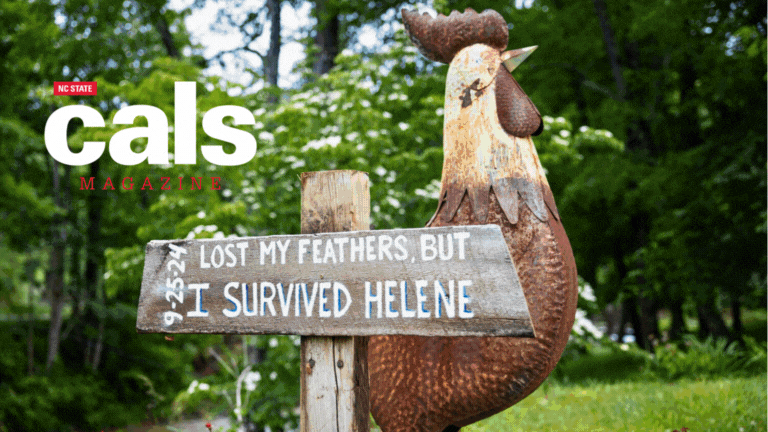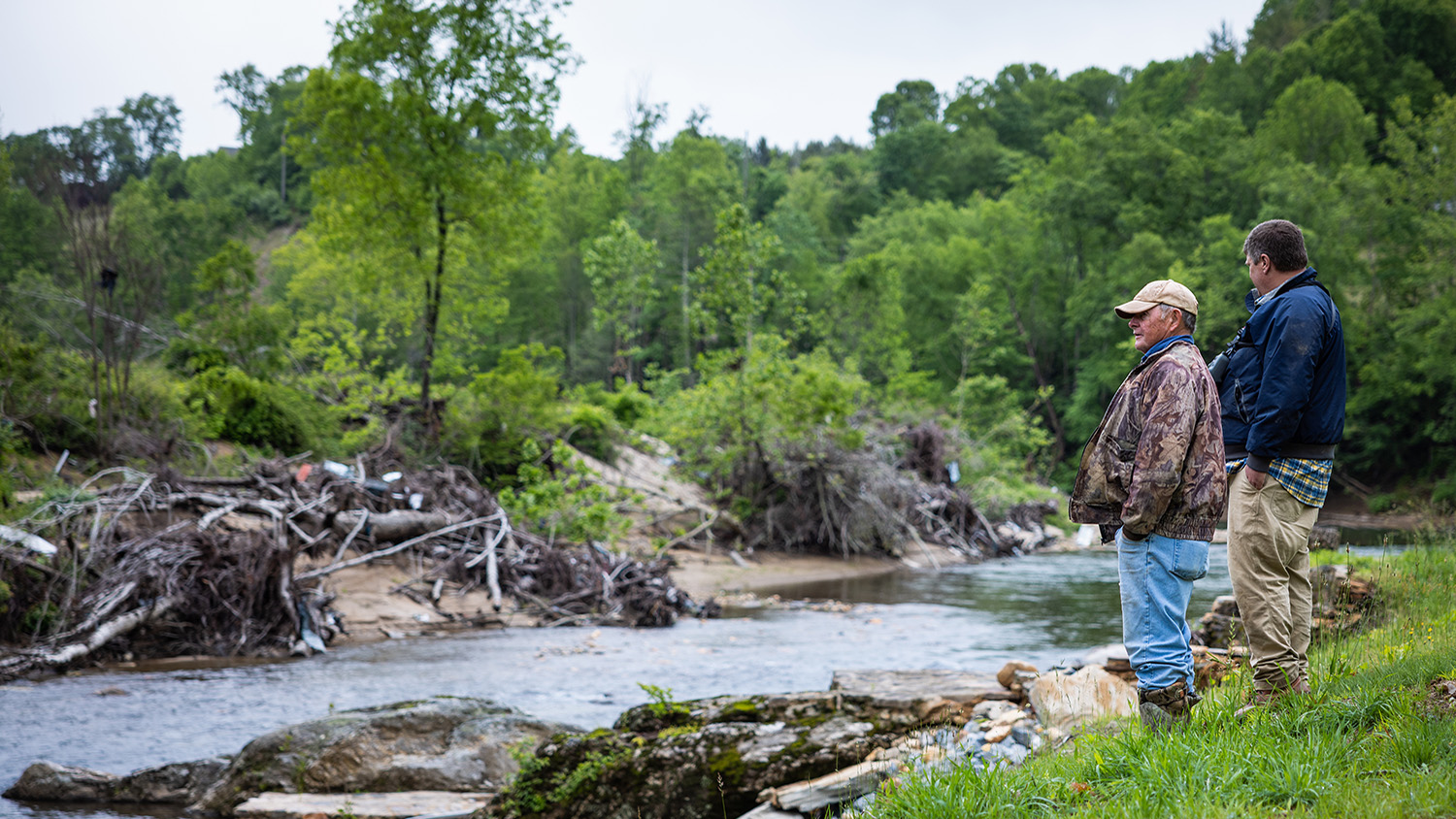The Golden Age of JCRA
Celebrating the 50th Anniversary of the JC Raulston Arboretum
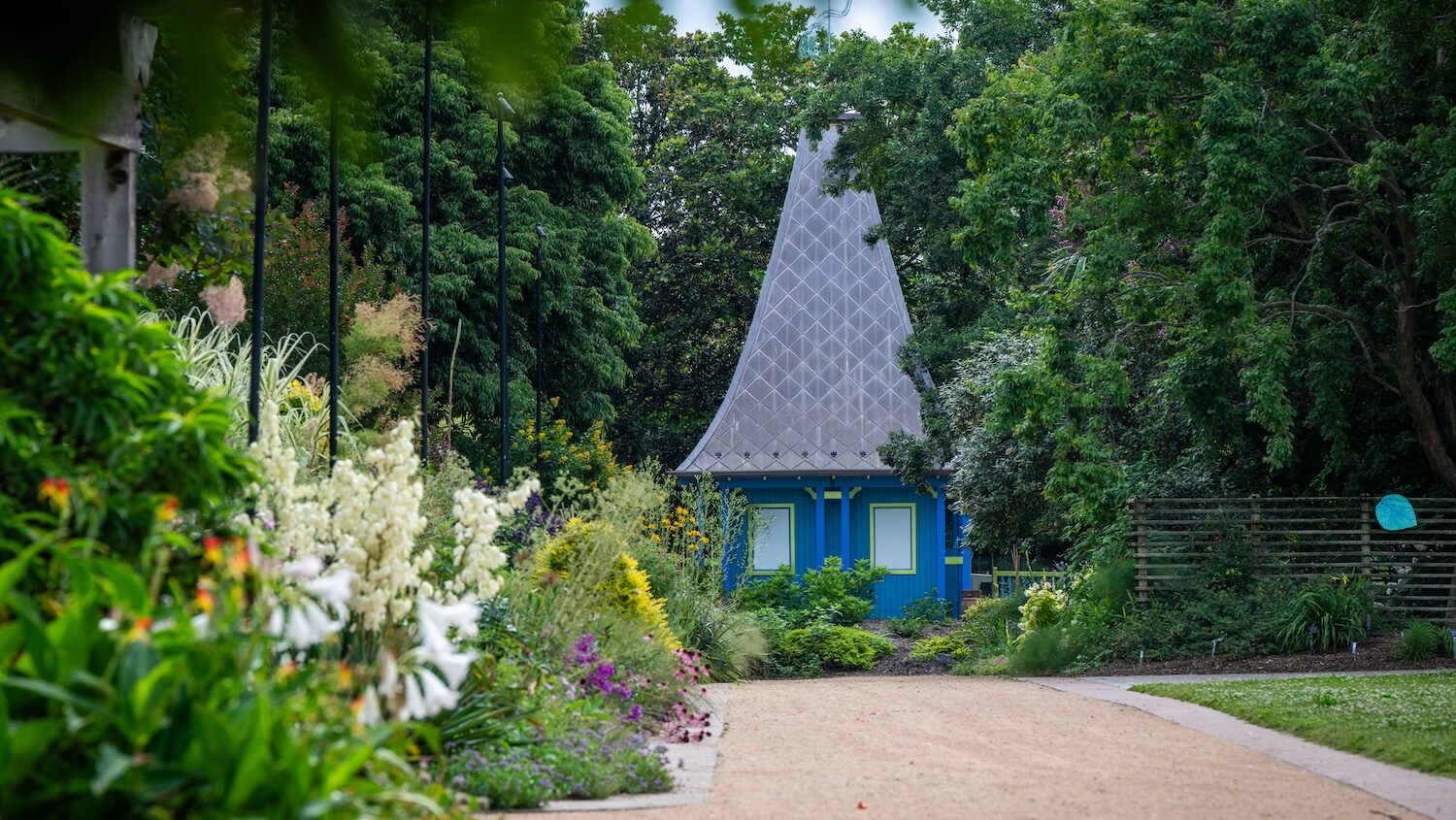
There’s a buzz in the gardens at JC Raulston Arboretum (JCRA), and it’s not just the bees. JCRA will celebrate its 50th anniversary in 2026 and usher in the golden age for this beloved teaching garden and leader in horticultural preservation and conservation.
Lasting Legacy
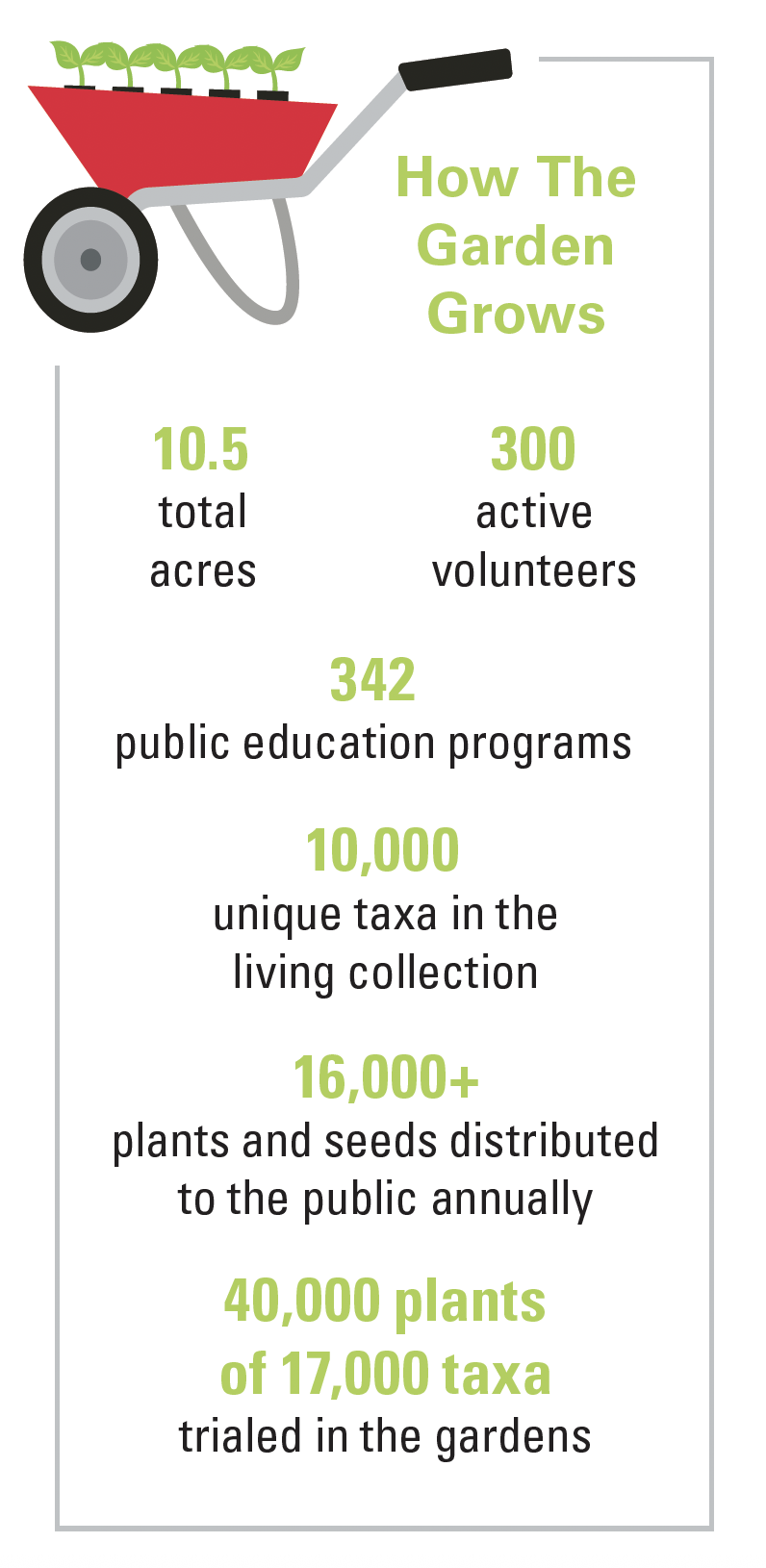
Home to one of the most diverse plant collections in the Southeast, JCRA is open to the public year-round. Today’s thriving garden was the vision of founder J.C. Raulston, who started the garden in 1976 to create a living laboratory for NC State horticultural science students and faculty and grow the North Carolina nursery industry through plant trials and distribution.
“As a young student, I had no idea that my great teacher was a world-recognized authority in horticulture,” says alumnus Richard Olsen, a former JCRA intern who now serves as the director of the U.S. National Arboretum in Washington, D.C.
Raulston started the student intern program — which continues to this day — leaving students with long to-do lists that ran from propagation to transplanting to preparing plants for trade shows, all while mapping the sprawling inventory. Beyond developing their skills for industry and research careers, students were connected to a worldwide network of experts in horticulture research.
“The number of doors that opened for me because of NC State and Dr. J.C. Raulston have been unbelievable,” Olsen says. “That was his magic: J.C. was always providing students with opportunities to connect with horticulture and nursery professionals from around the world. It made us all see that we could build networks and have careers.”
The Outdoor Classroom
Today, JCRA is led by director Mark Weathington, and its legacy is well-tended. Through 342 public education programs each year and extensive plant trials, JCRA has evaluated nearly 40,000 plants from 17,000 taxa over the past five decades.


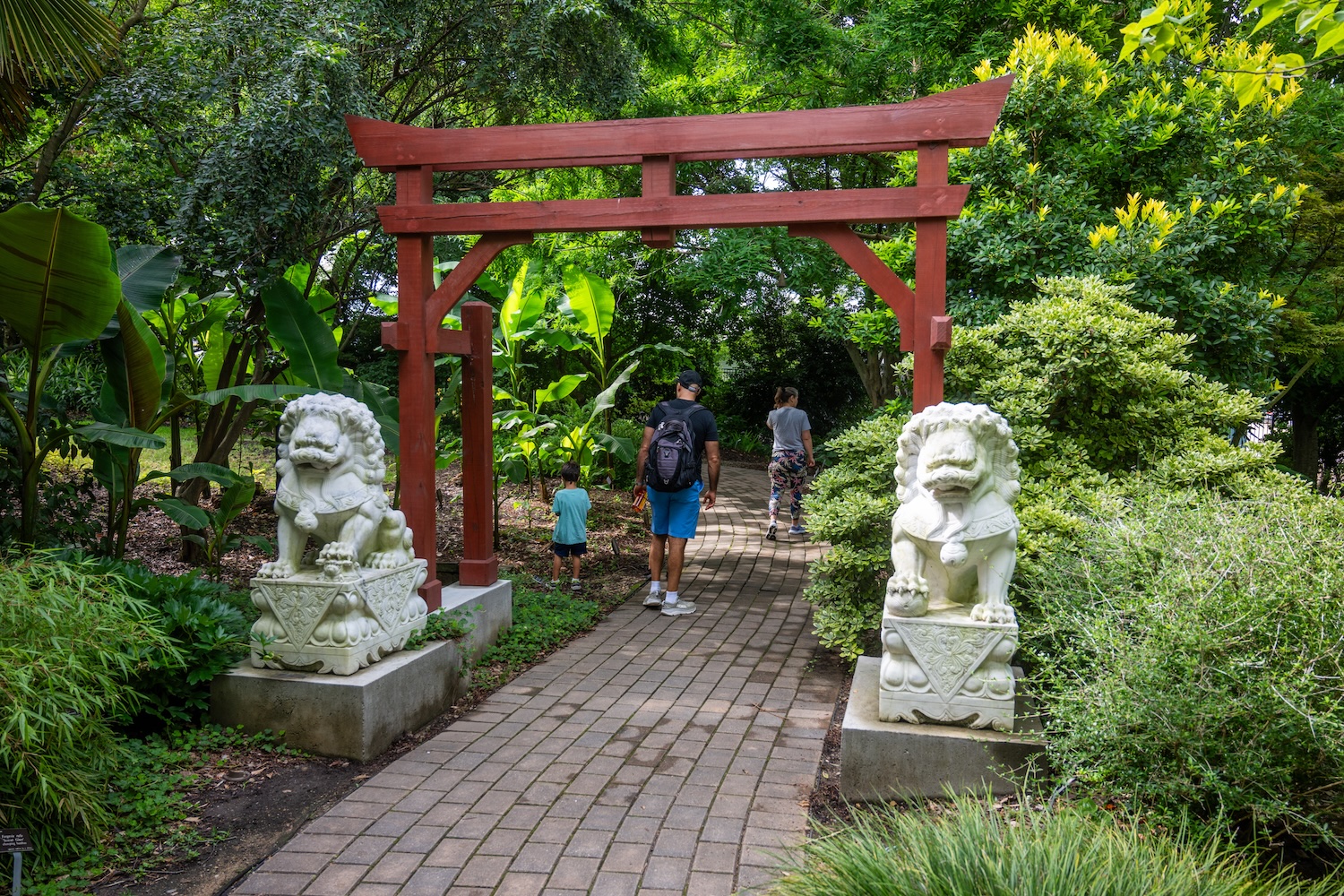
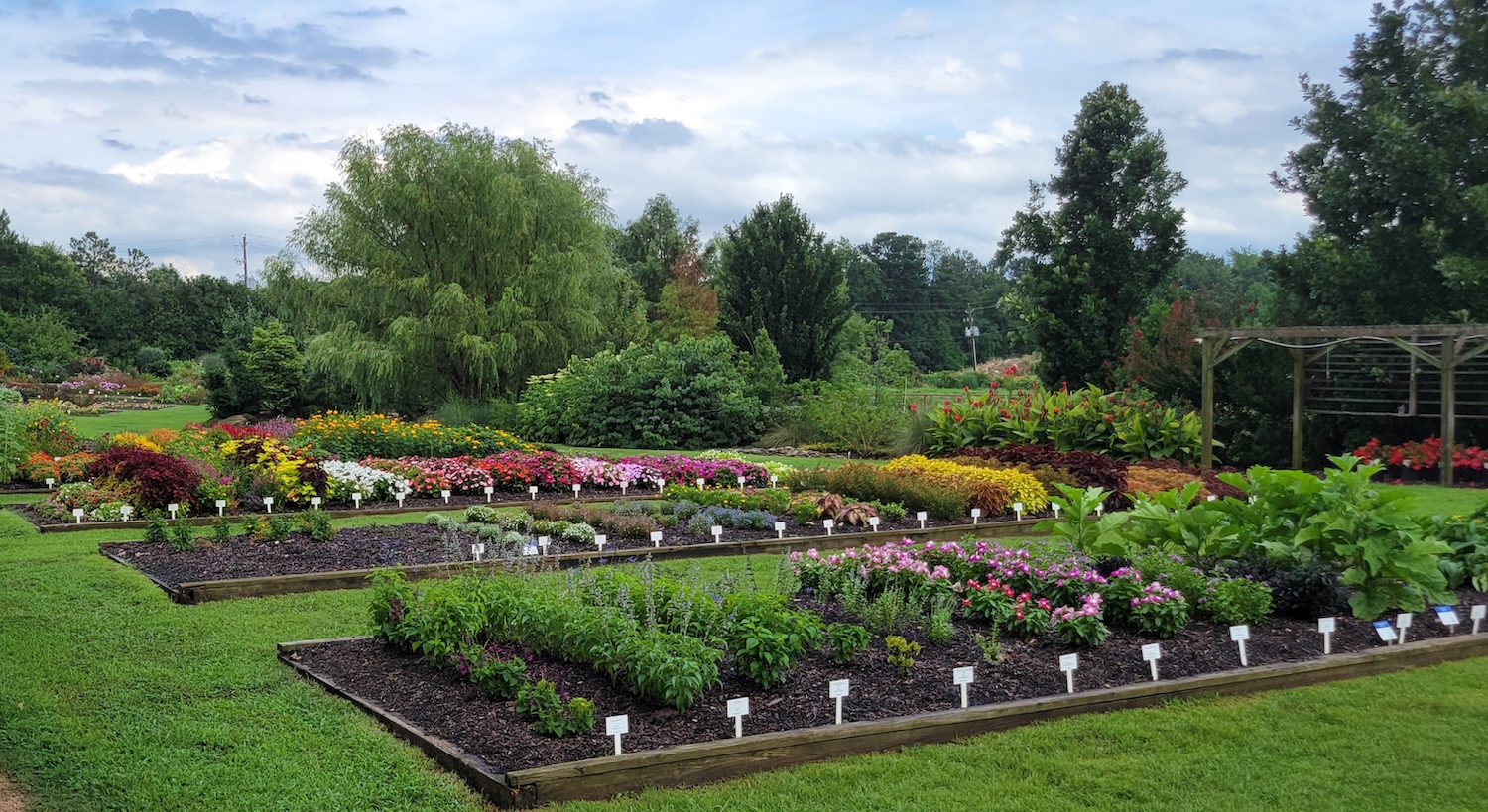
“It’s all about preservation,” Weathington says. “There are plants and trees that would disappear without the cultivation and breeding work done at the gardens and through NC State.”
Its value goes beyond preservation, Olsen says: “Arboreta like JCRA collect and conserve plant genetic resources. They don’t just diversify our landscapes; they provide the genetic resources that may solve agricultural problems in the future.”
JCRA also provides green space for the community, a crucial element of well-being. And it’s not just beautiful — it’s good for you. Research from the Journal of Global Health shows that 92% of people see improvements in health outcomes when they engage with natural outdoor environments.
“Plants can make your life better,” says David Hoffman, chief executive officer of Hoffman Nursery and former JCRA intern who majored in horticultural science at NC State. “The JCRA is a place that brings people together, and they get to explore every part of the 10.5 acres.”
- Categories:
